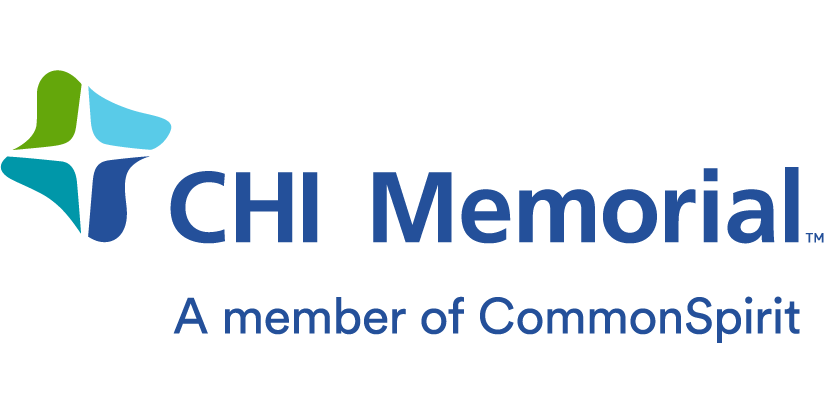
Pancreatic & HPB Cancer
CHI Memorial Rees Skillern Cancer Institute offers advanced treatment for pancreatic and HPB (Hepato-Pancreato-Biliary) cancers. These are cancers of the liver, pancreas and biliary system. Pancreatic cancer doesn’t discriminate – it’s the fourth leading cause of cancer death simply because it’s not often found until a later stage, when treatment is less effective.
The symptoms of pancreatic and other HPB cancers can be subtle. These subtleties are one of the main reasons why they’re often mistaken for gastrointestinal issues or other less serious medical conditions. The most common symptom for pancreatic cancer is jaundice, or the yellowing of the eyes or skin. Unexplained weight loss or appetite changes, fatigue, new onset diabetes, bloating or changes in stool, abdominal pain, and blood clots are other associated symptoms.
Advanced surgical care
Unfortunately, pancreatic cancer is often missed until the presence of more prominent symptoms, which indicate advanced disease. When found early, pancreatic cancer is more easily treated through the use of minimally invasive procedures and other techniques. CHI Memorial’s highly trained pancreatic cancer/HPB surgeons use the latest medical approaches to effectively treat pancreatic cancer. Individuals also benefit from the combination of advanced technologies and extensive holistic support services available.
Although pancreatic cancer is difficult to treat, surgery to remove the affected part of the pancreas along with the immediately surrounding organs can offer the best chance for a cure. Surgery combined with chemotherapy can also improve a person’s chances of survival even further. That’s why it’s critical for cancer specialists to work together – lending their expertise to provide an individualized treatment plan to help you beat this disease.
Genetic testing
Approximately 10 to 15 percent of people diagnosed with pancreatic cancer will have a positive family history of the disease. Fortunately, the role of genetic testing is expanding rapidly in pancreatic cancer treatment and in identifying those at high risk. It’s important to identify at-risk individuals so that specific genetic mutations can be targeted with chemotherapy and family members can begin screening much earlier and make appropriate lifestyle decisions.
National Comprehensive Cancer Network guidelines recommend that every person diagnosed with pancreatic cancer should be offered genetic counseling, regardless of whether or not they have a strong family history of the disease. The very detailed personal and family medical history gathered can help gauge the degree of suspicion about a hereditary cancer or if the cancer is due to an underlying genetic mutation that was present at birth.
Although some people are hesitant to undergo genetic testing, it can be helpful – both clinically and emotionally – to better understand the condition and make potentially life saving decisions about surveillance, early detection and treatment options.
Coordinated pancreatic cancer care
There’s no doubt that pancreatic cancer is a difficult disease to treat. It’s both complex and requires advanced care by a number of specialists who are working together as a team. That’s why CHI Memorial Rees Skillern Cancer Institute offers a multidisciplinary approach to surveillance and treatment that brings together the brightest minds in genetic testing, surgery, medical and radiation oncology, nurse navigation and other support teams to provide the very best care.
CHI Memorial Rees Skillern Cancer Institute adheres to the most up to date national guidelines, provides nuanced assessment of pancreatic cancer risk and offers the same level of advanced treatment that’s available in large, tertiary medical centers – with the goal of helping people with pancreatic cancer live longer and improve their quality of life.
Support at every step
At CHI Memorial Rees Skillern Cancer Institute, anyone diagnosed with cancer has access to a nurse navigator, a designated point of contact who can educate you on the disease process, answer questions, help you prepare physically and emotionally for treatment, provide resources and connect you with other modes of support throughout this journey. These include access to dietitians, clinical social workers, massage therapists, and chaplains who focus on spiritual care and advance care planning. Visit CHI Memorial Center for Cancer Support or call (423) 495-7778 for more information.
